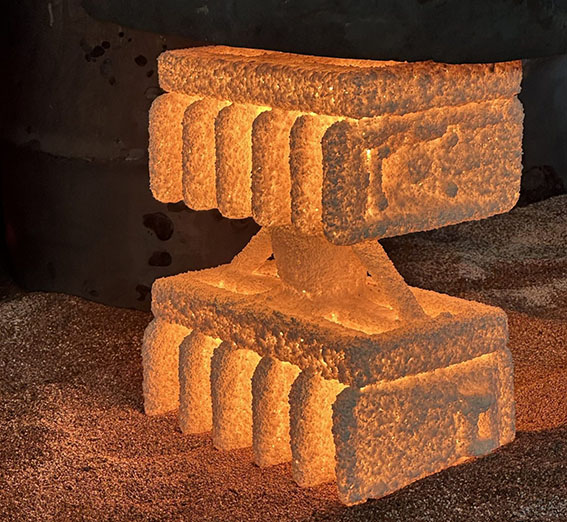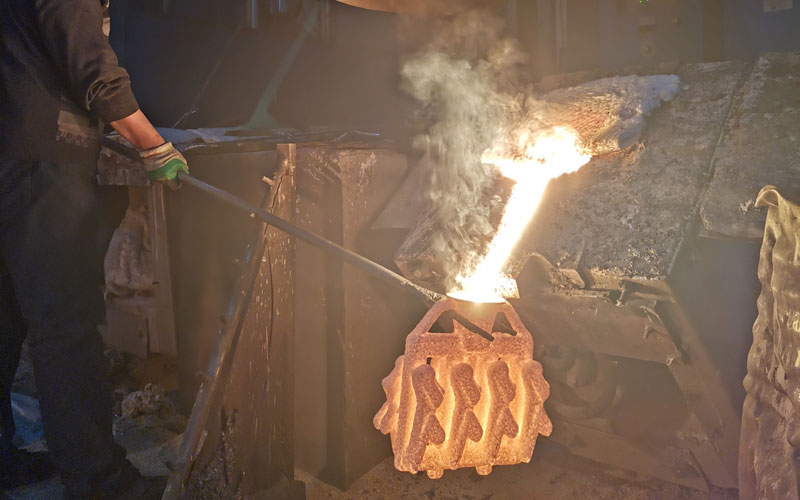 Made in China
Made in China GB/T19001-2016/ISO 9001:2015
GB/T19001-2016/ISO 9001:2015 TUV
TUV SGS
SGS
 Made in China
Made in China
Aluminum casting and carbon steel casting play pivotal roles in modern manufacturing, offering distinct advantages in various industrial applications. Understanding their significance can illuminate the choices available to businesses seeking optimal material solutions.
Key Advantages of Aluminum Casting
Aluminum casting stands out for its lightweight nature and exceptional corrosion resistance, making it ideal for applications requiring durability without added weight. Industries ranging from automotive to aerospace benefit significantly from its versatility and cost-effectiveness.

Applications in Diverse Industries
In automotive manufacturing, aluminum casting supports the production of lightweight components that enhance fuel efficiency and overall performance. Similarly, the aerospace sector utilizes aluminum’s strength-to-weight ratio for aircraft parts that require high structural integrity and reduced fuel consumption.
Carbon Steel Casting: Strength and Durability
Contrasting with aluminum, carbon steel casting excels in applications demanding robustness and resistance to wear. Industries such as construction and mining rely on carbon steel’s toughness for components subjected to heavy loads and harsh environments.

Environmental Considerations
Both aluminum and carbon steel casting align with sustainable practices due to their recyclability and energy efficiency during production. These materials contribute to reducing carbon footprints across various manufacturing sectors.
In conclusion, the choice between aluminum casting and carbon steel casting hinges on specific industrial requirements, balancing factors like strength, weight, and environmental impact. Understanding these materials’ properties empowers manufacturers to make informed decisions that optimize performance and sustainability.